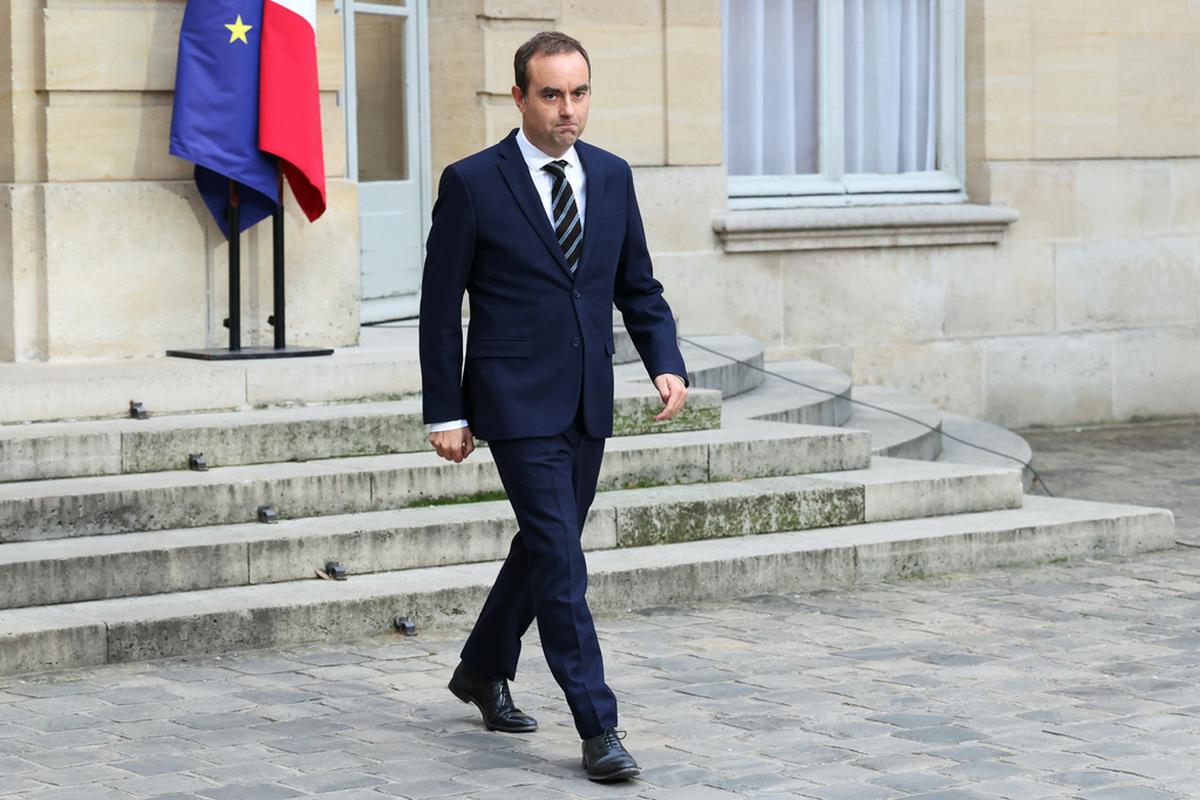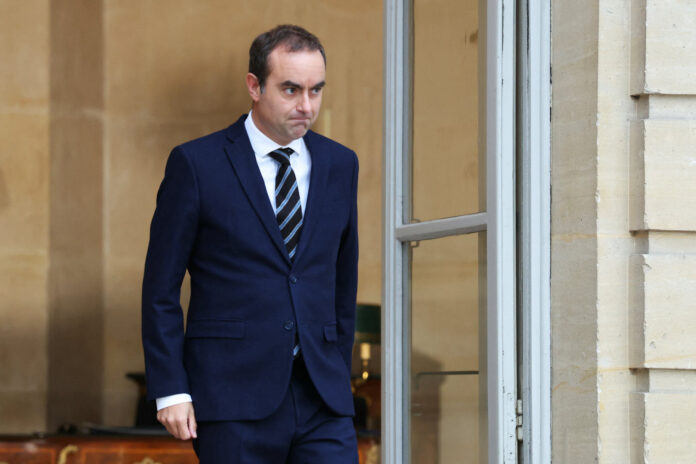In a stunning political shake-up, French Prime Minister Sébastien Lecornu has resigned just 26 days after taking office, citing an impossible environment for compromise within the deeply divided National Assembly.
The resignation was confirmed by the Elysée Palace following a one-hour meeting between Lecornu and President Emmanuel Macron on Monday morning.
Lecornu’s Short-Lived Premiership
Appointed less than a month ago after the collapse of François Bayrou’s government, Lecornu was considered one of Macron’s most loyal allies and seen as a “last resort” choice to stabilize France’s fractured political scene.
In his resignation remarks, Lecornu stated, “The conditions were not fulfilled for me to carry on as prime minister.” He criticized the unwillingness of political parties to negotiate in good faith, accusing them of acting as if each held an absolute majority.
Lecornu, who previously served as France’s armed forces minister, became the fifth prime minister to leave office in under two years. His brief time at the Hôtel de Matignon underscores the volatile political climate that has engulfed France since the summer of 2024.
Political Deadlock in Parliament

Lecornu’s government faced immediate criticism from across the political spectrum, with opposition parties rejecting his cabinet lineup for being nearly identical to that of Bayrou. Several groups threatened to block his administration before it had even begun.
Marine Le Pen, leader of the far-right National Rally (RN), called the resignation proof of a deeper crisis. “The joke’s gone on long enough. The French people are fed up. Macron has put the country in an extremely difficult position,” she said, once again demanding early elections.
The fractured National Assembly, formed after snap elections in July 2024, remains highly unstable. That vote left no party with a clear majority, resulting in a hung parliament made up of hostile factions unwilling to compromise.
Macron Faces Limited Options

President Macron now faces difficult decisions about France’s political future. Analysts point to three main scenarios:
- Appointing another prime minister – the most likely choice, though finding a candidate capable of uniting parliament seems nearly impossible.
- Dissolving the National Assembly again – this would mean calling fresh legislative elections, a high-risk move that could see Marine Le Pen’s party make major gains.
- Resigning himself – the least likely outcome, as Macron has repeatedly said he will remain in office until his term ends in 2027.
With Lecornu out, pressure is mounting on Macron to choose the second option: new elections. However, his centrist coalition is predicted to suffer heavy losses, leaving the far-right and hard-left as potential victors.
France’s Economic and Political Struggles
Beyond political instability, France faces mounting economic challenges. The national deficit stood at 5.8% of GDP in 2024, while public debt has reached 114% of GDP—one of the highest in the eurozone, behind only Greece and Italy. This translates to nearly €50,000 of debt per citizen.
Bayrou’s austerity budget, which aimed to cut €44 billion in spending, failed earlier this year after being rejected by parliament. This defeat ultimately triggered Lecornu’s appointment, though his inability to secure cross-party support meant he was quickly forced out.
Financial Markets React
The sudden resignation rattled investors, sending Paris stock markets sharply lower on Monday morning. Traders fear that ongoing political gridlock will prevent France from tackling its economic problems, particularly its soaring debt.
Looking Ahead
France’s leadership crisis highlights the difficulty of governing in a polarized political landscape where no party holds decisive power. Lecornu, in his final address, urged politicians to show humility and set aside personal egos in order to achieve compromise.
“I was ready for compromise but all parties wanted the other to adopt their programs entirely. It wouldn’t need much for this to work,” he said.
With his departure, France enters yet another period of uncertainty. The next steps taken by President Macron will be crucial, not only for his presidency but for the stability of France’s democratic institutions.
As the country waits for Macron’s decision, one thing is certain: the political turbulence gripping France shows no sign of easing anytime soon.

